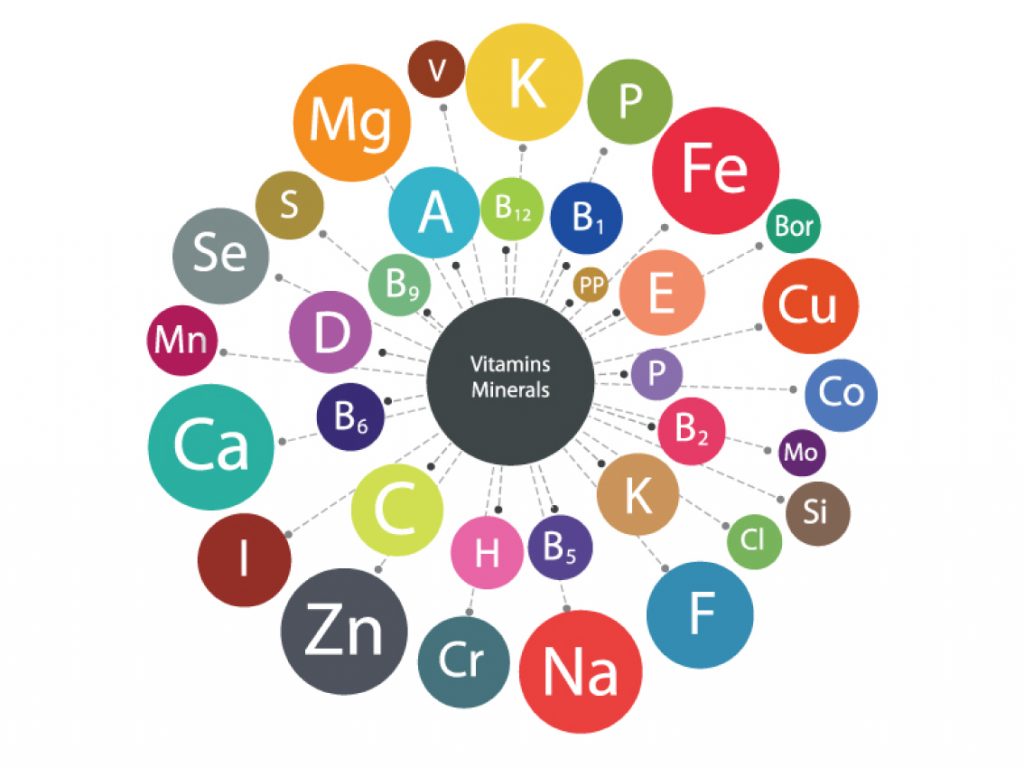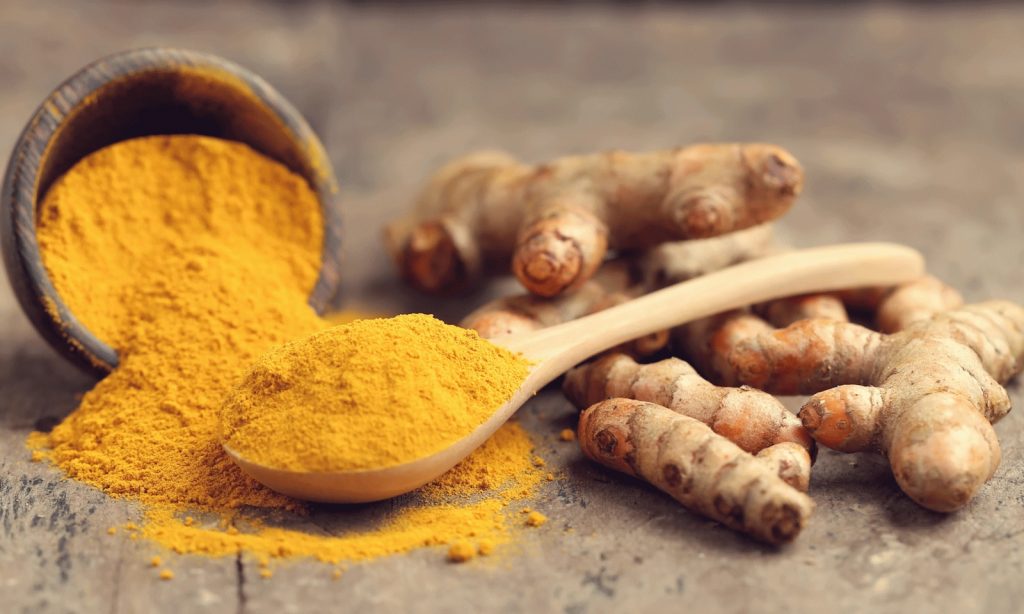Table of Contents
- Understanding Supplements
- Supplements Recommended for Spine Health
- Taking Care of Joints and Ligaments
Supplements can play a significant role in maintaining spine health by assisting the body in building and strengthening the bone and other tissues. Some supplements are known to assist with slowing down or preventing further damage to the spine from a medical condition like osteoarthritis. There are even certain supplements with anti-inflammatory properties that also help individuals better manage back pain due to disease, injury, or surgery.
Understanding Supplements
Supplements can be important to maintaining good health, recovering from surgery or slowing the progression of a medical condition. There are hundreds of supplements available today, offering benefits ranging from promoting general good health to addressing a specific condition like arthritis or bulging spinal disc.
Supplements include:
- Vitamins
- Minerals
- Herbs and botanicals
- Enzymes
- Amino acids

Supplements for spine health contribute to both general health and spine health. There are so many different types of supplements available today; people often have trouble deciding which ones to take. However, scientific research has proven that certain vitamins and minerals can help:
- Maintain a healthy and strong spinal column
- Promote spinal disc health
- Promote healthy joints in the back and hips (and elsewhere)
- Reduce pain due to conditions like arthritis
- Reduce inflammation
- Promote faster recovery from spine surgery
- Slow the rate of disease progression
Supplements Recommended for Spine Health
Different supplements can address different spinal conditions. For example, supplements for degenerative disc disease, like a herniated disc, include glucosamine sulfate, chondroitin sulfate, manganese ascorbate and methylsulfonylmethane (MSM). Vitamins frequently recommended for a herniated disc are:
- Vitamin C – boosts the immune system and acts as an anti-inflammatory
- Vitamin D – promotes the absorption of calcium
- Vitamin E – boosts the immune system and reduces pain in muscles
- Vitamin K – assists with binding calcium to discs

Essential Nutrients
Each year, World Spine Day is held each year to bring attention to the facts about spinal health and back pain. One of the important points made is that most cases of back pain are not caused by a mechanical issue or disease, like arthritis or a fracture. The only leaves poor spinal health, and spinal health is promoted through a healthy lifestyle and the incorporation of various essential nutrients for spinal health. Herbal supplements and vitamins for spinal health are growing in popularity and use because they can also help control pain due to disease and injury.
Omega 3 Fatty Acids

Medical research studies have found omega-3 fatty acid supplements for back pain can reduce inflammatory processes and intervertebral disc degeneration. The three primary omega-3 fatty acids. ALA (alpha-linolenic acid) is the most important one. The other two are DHA (docosahexaenoic) acid and EPA (eicosapentaenoic acid). The reason people are told to eat lots of plant oils and fish and seafood is that ALA, EPA, and DHA are obtained mostly through diet, including dietary supplements.
Glucosamine
Glucosamine is a natural compound that is found in cartilage. The glucosamine supplement is made from glucosamine harvested from shellfish shells or is made in a lab. Research has demonstrated that glucosamine may help strengthen cartilage or slow down the breakdown due to normal aging or disease. This can help to prevent or relieve spinal pain.
Methylsulfonylmethane (MSM)
Methylsulfonylmethane (MSM) is a chemical found in humans, animals, and plants. It is often combined with supplements like glucosamine because it can lessen inflammation. MSM may reduce inflammation, and thus pain, from rheumatoid arthritis or osteoarthritis. There is even research indicating it can help with decreasing joint degeneration or exercise recovery. MSM has real potential to help with spine health because keeping inflammation low is key to preventing spinal problems due to inflammation.
Vitamin D

Vitamin D is one of the important vitamins for spinal health because its role in musculoskeletal health is well documented. Research has shown that people requiring spine surgery due to degenerative diseases of the spine had a serious vitamin D deficiency. Vitamin D is essential to the health of bone health and the discs in the spine made of collagen. It assists with calcium absorption. Taking vitamin D back pain may also be reduced by improving the health of bone and tissues in the spine.
Vitamin C
Another vitamin for spinal health is Vitamin C. Vitamin C is essential to healthy collagen formation which makes up the spinal discs. It is also essential to the tendon, ligament, and bone health. In fact, vitamin C helps cells form into healthy tissues and serves as an antioxidant that prevents abnormal cell development. It boosts the immune system too. With Vitamin C back pain may be reduced when it is due to spinal disease or prevented by contributing to a healthy backbone and tissues.
Herbal Supplements
Herbal supplements have been used around the world for thousands of years because they offer health properties. Herbal supplements are made from plants which means they are natural, something people are increasingly looking for. The herbal supplements are not drugs, and that appeals to people also. Following are some of the herbal supplements that may contribute to spine health and provide some pain relief due to disease or injury.
Turmeric and Curry

Turmeric, the main spice in a curry dish, is under intensive research as a spice with incredible power to help control inflammation and manage pain. It can help ease arthritis pain and pain due to a backache.
Bromelain

Bromelain, derived from the pineapple juice and stem, is a mixture of enzymes found in pineapples. Since not enough of the supplement is found in the pineapple, you need to take tablets or capsules to get the potential full benefits. There are numerous studies indicating bromelain may help reduce pain due to rheumatoid arthritis or osteoarthritis.
Devil’s Claw
Devil’s claw is an herb that is used for back pain and arthritis in the spine, in addition to other conditions. Research and anecdotal feedback have indicated it does reduce low back pain and can reduce the pain due to osteoarthritis.
Whether or not a medical condition exists, various supplements, including vitamins for spine health, either promote the body’s ability to produce certain elements that exist naturally in the body or and/or contribute to easing symptoms, like inflammation. Many of the supplements do double or triple duty.
For example, supplements for spinal disc health like glucosamine and chondroitin sulfate can counteract spinal disc degeneration, promote speedier recovery from surgery and contribute to general physical health by reducing inflammation.
Researchers are giving curry supplements more attention today. Turmeric is the main spice in curry and gives it the yellow color. Turmeric contains bioactive curcumin which has strong antioxidant and anti-inflammatory properties.
Since turmeric spice is actually made with a combination of spices, the curcumin content is not high. Taking curry supplements or turmeric curcumin supplements will increase the amount of curcumin consumed.
The anti-inflammatory properties of curry supplements make them particularly beneficial for people with arthritis or people who have undergone back surgery. However, the strong antioxidant property is also good for general health, so many people are taking curry supplements on a routine basis.
Taking Care of Joints and Ligaments
It is not just the bones in the spinal column that need attention. Joints and the back structure also have ligaments, tendons and other soft tissues like cartilage. People who have arthritis take vitamins to improve the health of all the soft tissues and to reduce pain.
Sources
- http://www.worldspineday.org/resources/spinal-health-and-spine-disorders/
- https://www.ncbi.nlm.nih.gov/pmc/articles/PMC6929565/
- https://ods.od.nih.gov/factsheets/Omega3FattyAcids-Consumer/
- https://www.mayoclinic.org/drugs-supplements-glucosamine/art-20362874
- https://www.ncbi.nlm.nih.gov/pmc/articles/PMC5081317/
- https://pubmed.ncbi.nlm.nih.gov/27434504/
- https://www.mountsinai.org/health-library/supplement/bromelain
- https://www.webmd.com/vitamins/ai/ingredientmono-984/devils-claw
- https://pubchem.ncbi.nlm.nih.gov/compound/Capsaicin

